When you hear about a floating market, you can see a market floating on the water in Thailand, Italy or India. But the story of a similarly attractive floating market within our country was unknown to most people three or four years ago. The popularity of this market gradually spread due to the welfare of social media. This floating market of our country has developed around the guava orchards of 30 villages. Guava-laden boats are traded all day long along the winding canal. Today's travelogue is about the travel experience of this floating guava market and some unknown information.
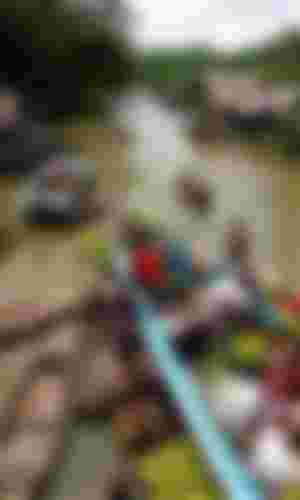
Due to the abundance of rivers, Barisal division, known as the 'Venice of Bengal', is rich in tourism. The floating guava market is the most popular tourist destination in the Barisal division. Guava and mango cultivation are one of the main sources of livelihood for most of the people in the region. There are very few people who have not heard of the fame of mango in Barisal. Farmers of Jhalokati Sadar Upazila and Banaripara and Swarupkathi Upazilas of Pirojpur are especially involved in guava cultivation. Sugandha, Gabkhan, Bishkhali and Sandhya rivers of Jhalokati are the main areas for guava cultivation in the southern part of the country. This floating guava market, which is more than 200 years old, has been established at a meeting place on the border of Barisal, Pirojpur and Jhalokati districts. 20,000 families from 30 villages of three districts are engaged in this guava cultivation. According to the locals, there are about 6,000 guava and mango orchards on 31,000 acres of land.
The boatmen of the area earn some extra during the monsoon season. Different types of boats are also traded in this floating market which is about 2 km long. The trade takes place at the weekly boat market at Kuriana village in Swarupkathi upazila of Pirojpur district. Every Friday from May to November, the boat market and guava market sit. Every Friday during the monsoon season, farmers bring hundreds of tons of guavas to the market by boat on the one hand, and on the other hand, these guavas are sold at wholesale prices by boat and taken to various markets for retail sale. Tourists and photographers from all over the country, even from abroad, flock here in more than 100 trawlers at this time to enjoy a wonderful combination of natural beauty and rural life. And on such a day I witnessed this tour of this traditional and unique business tradition.
On a full moon night in mid-July 2017, we started our journey for Barisal for the first time. The journey starts from Sadarghat Launch Terminal in Dhaka. Forty more people were accompanying him on this journey. This is not my first launch trip, but I haven't been to it before. The experience of traveling by river by overnight was an additional credit to this journey. However, on the way back, I spent the night in the cabin, because I had to return to Dhaka the next morning to join the office, and it was very important to get a good night's sleep after the stress of the day. Even those who have a habit of sleeping on the bed, it is not possible to get enough sleep. Because the lights are on all night, and the call of one or another hawker can be heard.

Those of us who had planned to call and spend the night were told to reach Sadarghat by five in the afternoon. The launch was scheduled to leave at eight o'clock at night. Now the question is, why was he asked to come three hours ago? Because there is no way to determine the place of someone by calling. You have to spend the night by occupying space here. So when I left the office on Thursday afternoon and reached Sadarghat after 5:30 pm, I was pretty sure I couldn't find a place to spend the night. But when we finally got on the launch scheduled for us and met a representative of the group - I realized that the matter was not really that serious. It is to be noted that the representative brother arrived earlier and calculated the required space for all of our team and occupied a convenient area with a rope. Within that boundary again we occupy our place more precisely with our own bags. When it was time to go to bed after dinner, I saw a strange sight. Everyone who travels this route regularly is familiar with this scene.
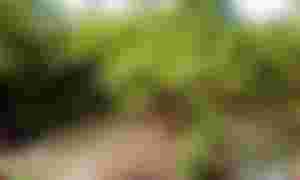
Every man who went to sleep in the bed of the house hugged his water bottle. Almost everyone slept the same way. Although I was quite surprised, I could not express my ignorance in front of everyone. I just realized that I am not alone in this and I will find out later. So I waited. But we go to bed around dawn. In the midst of the full moon in the clouds all night, the drizzle of rain and the singing of songs with the new acquaintances, I did not know how the night passed. Spending this time at launch is like a full experience in itself! Dinner was arranged inside the launch which was good enough in my opinion. There is also a tea-breakfast arrangement inside the launch throughout the night. When I could not stay awake at the end of the night, I called and tried to go to the place designated for myself and sleep. Before four o'clock in the morning the launch horn was sounded and we were told that we had reached the wharf.
Just then it was noticed that several teenage boys were walking across the deck. They have a bed sheet wrapped in the shape of a sack. It was noticed that those who did not sleep with water bottles in their laps, like me, were instantly driven inside that bag made of sheets. Needless to say, mine also disappeared from sight. Although a little water bottle, but the experience was not small at all.
After breakfast we had breakfast at a local restaurant and left for Banaripara by bus. Arriving at Banaripara, in the evening we set off on the roof of a trawler parked on the banks of the river and set off for Bhimruli's floating guava market. Numerous bridges can be seen along the entire river - some made of bamboo, some made of concrete. Some of the bridges were so low that we had to secure our heads after lying on the roof of the trawler. As we walked along the river, we saw innumerable guava and mango orchards. The branches of some of the mango trees were so low that. It is within reach of our trawler. Mango has not grown enough yet. As I was walking, I saw guava farmers working in the garden, while others were taking them to the guava market by boat.
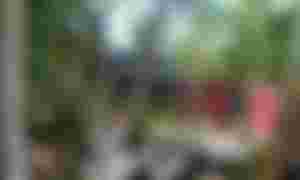
After reaching the market we spent time in the market at will. I bought guava. It is not possible to buy guava in one or two kg here. It is better to buy all the kilograms in the boat. These guavas are sold quite cheaply. This guava is produced without any application of harmful fertilizers. Besides guava, raw bananas and lemons were also being sold here in wholesale. Among the farmers who brought these fruits to the market by boat were people of all ages, young and old. Since the school is closed on Fridays, the younger children also come to this market by boat with their father and gain a handful of businesses through real experience.
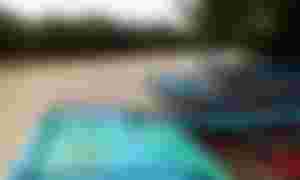
After visiting Guava Bazaar, we had lunch at the house of a local resident of Kuriana village. Then our destination was Durgasagar and Guthia Mosque. These two places are also quite famous. Finally we went back to the Barisal launch dock again. However, this time I spent the night in the launch cabin instead of the deck and reached Dhaka before 7 am the next day. Altogether 38 hours. And the cost was only about 2000 rupees.
Thanks
If you like it Upvote Can give.
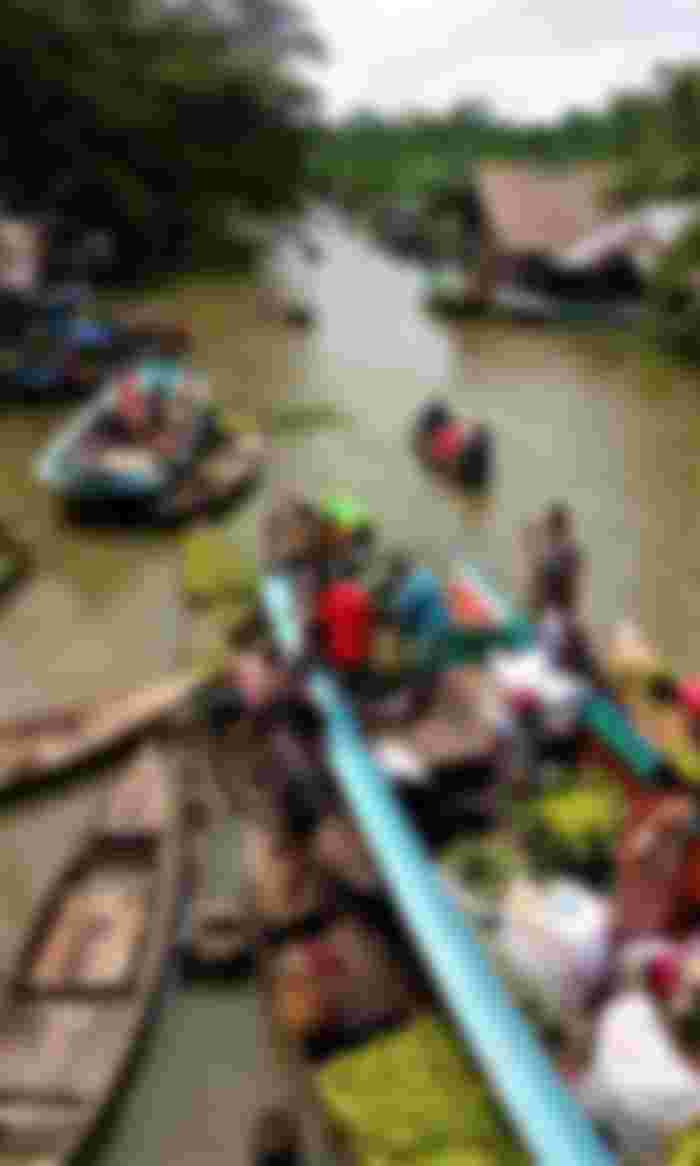
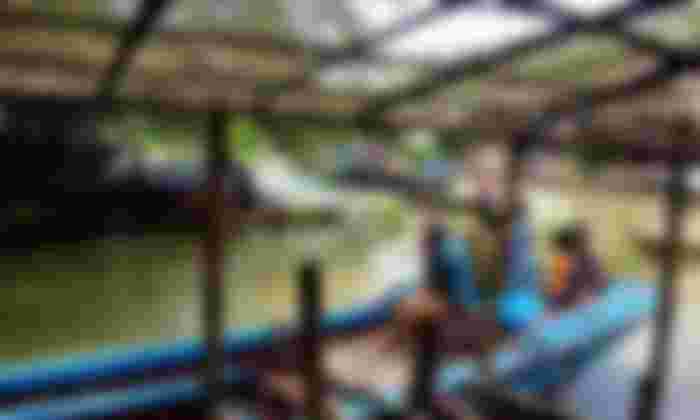
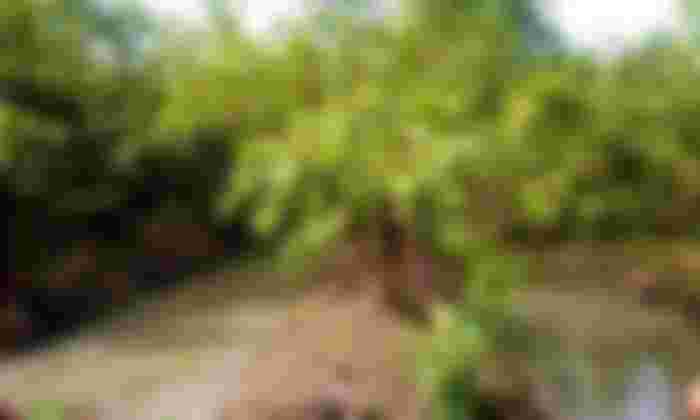
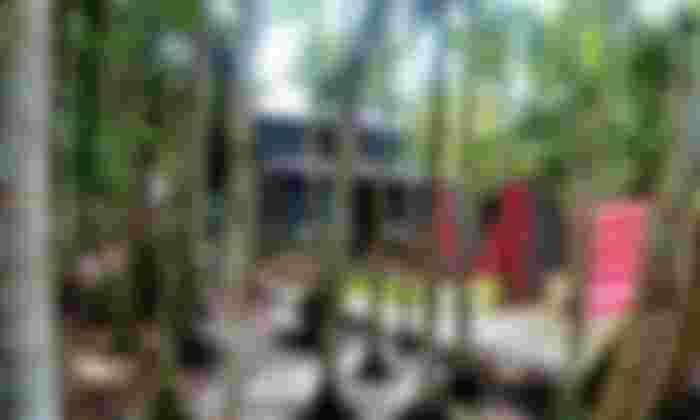
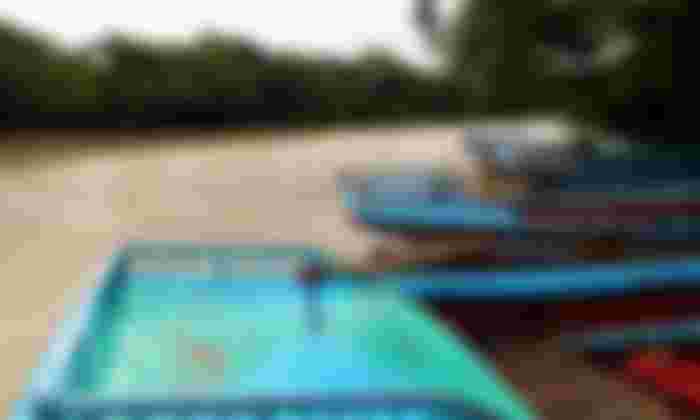
I still don't understand the reason why they sleep with a water bottle. Do you mean those teenage boys gets the water bottles and shove it in the sack?
By the way this is awesome, one of my dreams is to visit a floating market. It must've been an awesome adventure and experience.